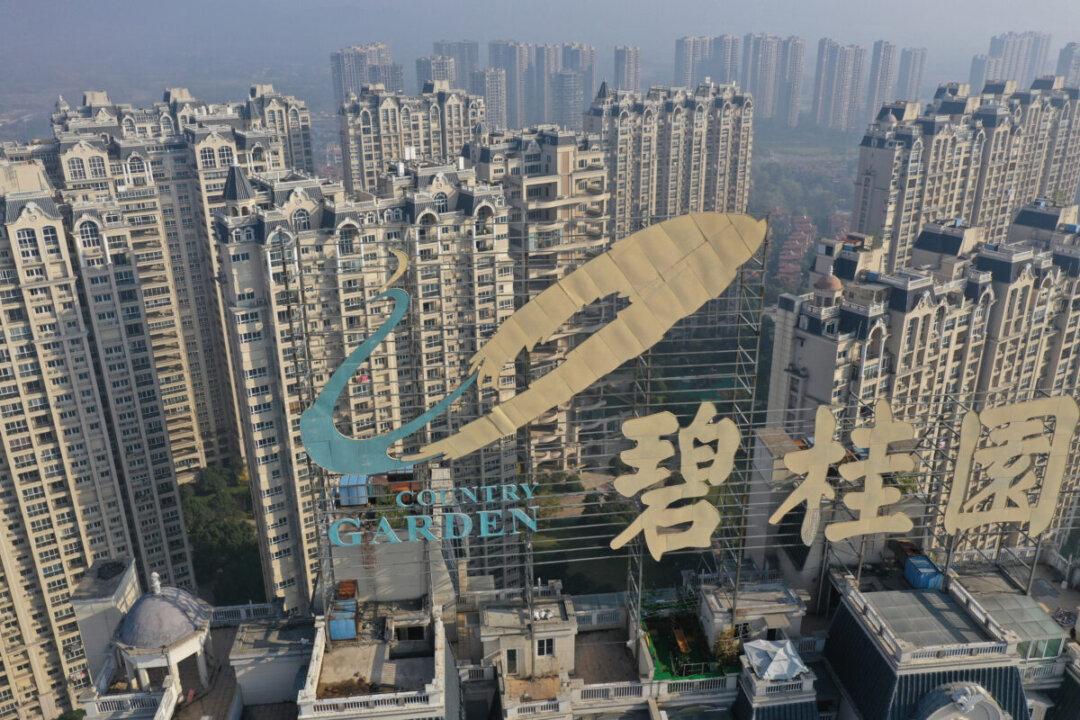News Analysis
As top leaders gathered at China’s most significant financial conference, the Chinese Communist Party (CCP) indicated it will exert more control over the $61 trillion financial sector. While the meeting highlighted the challenges confronting CCP leader Xi Jinping regarding the ailing economy, experts say that it did not provide solutions to China’s financial difficulties.




